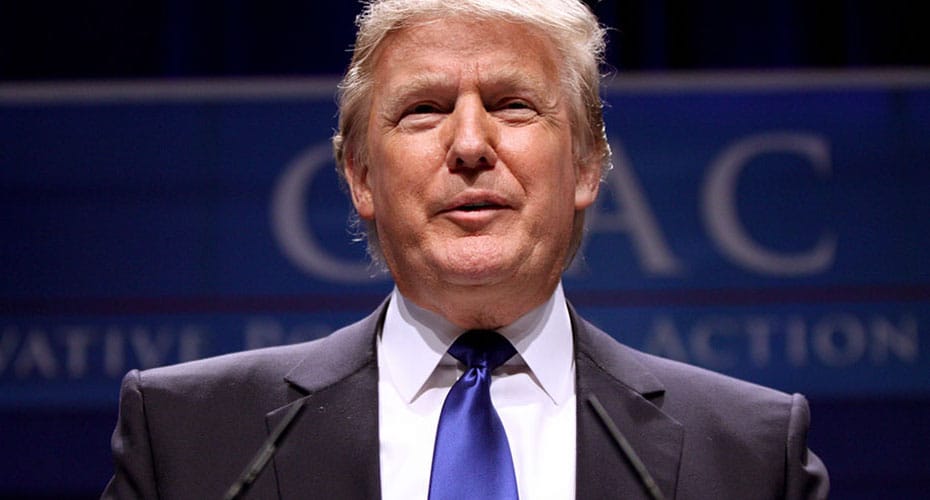Trump's FTC Could Ban Advertising Boycotts as Merger Condition: What This Means for Business and Free Speech
The Federal Trade Commission under a potential Trump administration is reportedly considering unprecedented merger conditions that would prohibit companies from participating in advertising boycotts, marking a dramatic shift in antitrust enforcement that could reshape corporate activism and free speech in the business world.
A New Era of Merger Oversight
This proposed policy represents a significant departure from traditional FTC merger review practices. Historically, the agency has focused on preventing anti-competitive behavior, market concentration, and consumer harm. Adding restrictions on advertising decisions—particularly those related to boycotts—ventures into uncharted territory that blurs the lines between antitrust enforcement and First Amendment protections.
The move appears to target the growing trend of corporate boycotts, where advertisers pull spending from platforms or content they deem controversial. High-profile examples include the advertising exodus from X (formerly Twitter) following Elon Musk's acquisition, and coordinated brand withdrawals from various media outlets over content concerns.
The Legal and Constitutional Debate
Constitutional scholars and legal experts are raising alarm bells about the potential First Amendment implications. Advertising decisions have long been considered a form of commercial speech protected under the Constitution. Forcing companies to maintain advertising relationships as a condition of merger approval could set a precedent that fundamentally alters corporate rights.
"This would essentially compel speech by requiring companies to financially support platforms they may fundamentally disagree with," notes several legal analysts who have reviewed similar proposals. The policy could face immediate legal challenges if implemented, potentially reaching the Supreme Court.
Impact on Corporate Strategy and Activism
For businesses, this potential policy shift could dramatically alter merger and acquisition strategies. Companies considering mergers would need to weigh the loss of advertising flexibility against the benefits of consolidation. This could particularly impact:
- Media and technology companies that rely heavily on advertising revenue
- Consumer brands that have increasingly used advertising decisions as a form of corporate activism
- Private equity firms that often restructure advertising strategies post-acquisition
The proposal could also chill corporate social responsibility initiatives. Many companies have built brand value by aligning advertising spending with their stated values. Being legally prohibited from boycotting platforms could force businesses to choose between growth through mergers and maintaining brand integrity.
Economic and Market Implications
From an economic perspective, mandating advertising relationships could distort natural market forces. Advertising boycotts serve as a market mechanism for platforms to self-regulate content and practices. Removing this tool could:
- Reduce incentives for platforms to address controversial content
- Create artificial demand for advertising inventory
- Potentially inflate advertising costs by limiting buyer flexibility
Some economists argue this could actually harm competition by protecting established platforms from market-based accountability, ironically contradicting the FTC's core mission of promoting competition.
The Political Context
This proposal emerges amid broader debates about "woke capitalism" and corporate political engagement. Supporters argue it would prevent coordinated corporate pressure campaigns that amount to censorship. Critics see it as government overreach that forces private companies to subsidize speech they oppose.
The timing suggests this could become a key differentiator in antitrust policy between political administrations, with implications for how businesses navigate an increasingly polarized landscape.
Looking Ahead: What Businesses Should Consider
As this policy proposal develops, companies should:
- Review current advertising strategies and assess vulnerability to potential restrictions
- Consult legal counsel on First Amendment protections for commercial speech
- Evaluate merger plans in light of potential new conditions
- Develop contingency strategies for maintaining brand values within potential new constraints
The intersection of antitrust law, free speech, and corporate activism is entering uncharted territory. Whether this proposal becomes policy or not, it signals a fundamental shift in how government may approach corporate speech and market participation. Businesses, legal experts, and civil liberties advocates will be watching closely as this unprecedented approach to merger conditions unfolds.
